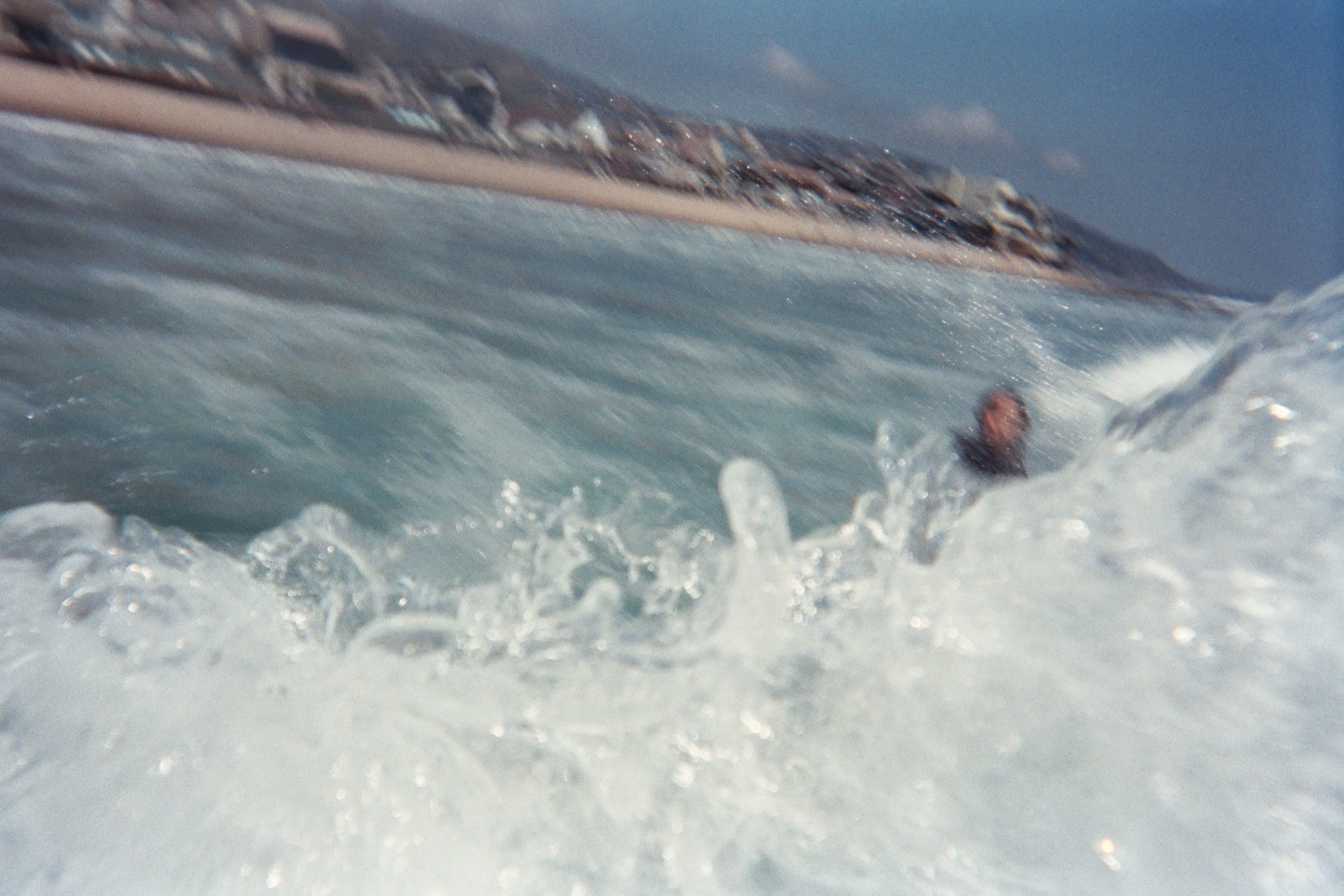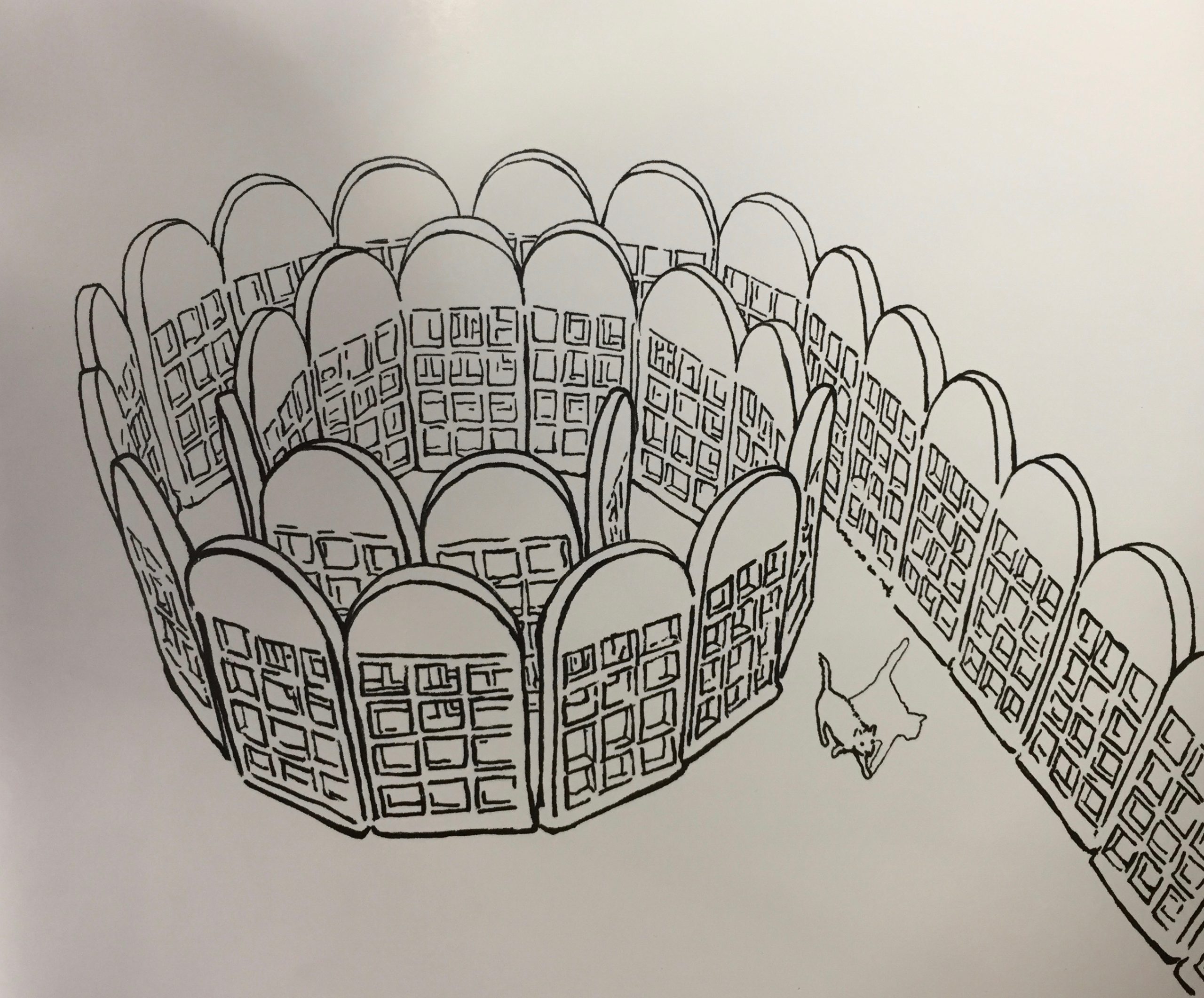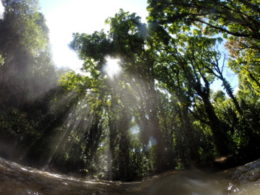I’m concerned. Genuinely concerned. Now, I don’t normally fret. I’m not a hand wringer by nature. I tend to move in the opposite direction of hand wringing. Whatever that is. Cavalier? I get hurt often. Not because I’m clumsy. It’s like I told you. I’m cavalier. I’m drifting again. You need to police the crisis for me. Stop me when I start drifting. Which I guess is hard to do at present, being that I haven’t really started yet so where was I drifting? and maybe this is all right on point. It is. If there’s one thing I know, I know that everything I write is important and wholly relevant. Remember that. Keep it in mind whenever you read anything I write. Which is something you’ll do, because I’m a writer.
I’m concerned. Concern, in my head, is like a vulture. Especially in this case. That concern I feel is circling the carrion that is static. Not static electricity, because that’s not dead, even though I live in Hawaii and it is so humid here that static scarcely exists. I’m not so naïve as to think that there isn’t static in the Claremont desert right now. My mind has been floating in casual circles around static. Over the status of static. Drifting.
I’m concerned. I realize now that the concern is threefold. I’m concerned about the ‘status of static,’ I’m concerned that I don’t know how properly to articulate that thing I’m concerned about. I’m also concerned that I’m coming to the problem so late that you might not know what static is and that if that’s the case and I don’t know how to accurately describe it then I have another problem. The last two would serve as failures of my language, which is troubling because as a writer I’m supposed to be able to find the right words for things. Status of static seems to be a clumsy phrase. State of static? Plight of static?
I’m concerned. Static was a word used to describe the state of your TV screen when you couldn’t catch a signal. Back when TV screens were attached to heavy and unwieldy cube-ish contraptions called “TV sets.” Back then, if you had a set, you nearly had TV, because you could get “bunny ear” antennae and they, much like a radio, would pick up signals from TV stations and display a picture on your TV set. These were the days of between two and ten channels. Now this sort of reminiscence regarding something so clearly inferior might be cause for concern in the minds of some of my readers. “Has Casey become a hipster?” I’m not necessarily pining for fewer channels so fret not. I’m just getting to the description of static.
TVs were less like computers then. They didn’t have the sophistication of inputs, outputs, and binary code. I’m not an expert but it seemed like there were channels built into the TV. Probably 100 or so of them. And if you were tuning in to one of the 90 plus channels that wasn’t receiving a signal, or on which the signal wasn’t strong enough to display a picture, the TV would display static. Static was the default setting for TVs. Static was also called snow. The entire screen would be overcome by little dots (pixels?) that ranged in “color” from white to black and including all degrees of grey achieved by combining black and white on a bi-chrome color wheel. So these little dancing dots, specks of snow falling during a midnight blizzard, would fill the screen. Drifting. There was a sound that would accompany the static. The sound didn’t sound like snow and certainly didn’t sound like drifting. The sound was vaguely mechanical, like an electrically charged river of packing peanuts attached to an amplifier and a blown-out speaker broadcasting the resultant noise. It was often louder and always more constant than the stations that were actually broadcasting, so you would plug your ears and rush to change the channel whenever you hit a static channel. I rarely turned my TV on to watch static. It wasn’t a pleasant sound and the picture didn’t offer much excitement or variation. So I guess it’s strange that I’m writing an essay lamenting the demise of static. I guess it makes sense that as TVs became more like computers, The Scientists decided to phase out static. As far as I can tell, today’s TVs display blue screens. Or if you get to a channel that your cable package doesn’t include, your TV informs you that you can call your cable provider and pay to access that channel. These seem like upgrades. No obnoxious sound, no dead screen. But.
I’m concerned. As a writer, I am losing a potent metaphor. As a human I am losing a piece of my history. When I was a middle-school age human living on an island, I realized that if I fished up through the channels, I would eventually reach pornographic networks. The island fact means that this was the only access I had to pornography. If I was patient enough, over the course of 15 minutes staring at a distorted screen that was a combination of colorful static and ‘scrambled’ signals, I might luck my way into seeing a breast. At 14 years old, one breast per 15-minute window was comfortably the best hope I had of seeing a naked female. Granted, that breast was likely to be revealed in extremo-chrome, a highlighter yellow/orange/green hue, and that breast was likely to appear for only a few seconds and was unlikely to be visibly connected to a female body, but you work with what you have available. The reason I bring this up is not to discuss pornography. The reason I bring this up is because it enables the metaphor. But we will get back to that.
I’m concerned. And I think all writers should be. There is a song by the hip-hop group The Roots called “Distortion to Static.” It is quite a nice song. There is a horror novel called Static, which I’ve never read and which is written by some author whose name I’ve never heard before. I don’t know if it is nice, but I suppose “nice” would be a funny way to describe a horror novel so maybe I can assume it isn’t?
I’m concerned. If we, humans broadly and writers specifically, let The Scientists do away with static, then we will be losing the reference that enables the metaphor of static. What will future generations think when they hear a song reference someone “catching static”? Capitalism overcomes.
I’m concerned. Sitting in my bedroom watching a screen waffle between distortion and static, fluorescent colors, fetal dots, a flash of coiffed hair in the top right corner is stretched across the screen is twisted beyond recognition is dragged to the left side of the screen then back to the middle of the screen where a bellybutton (?) is seen but whose and the hair is gone and the camera angle changed and now you wonder whose happy-trailed bellybutton you are looking at and if you don’t know whether it belongs to a man or a woman does that make you bisexual? This might be what arousal looks like. Like you could be watching a horror movie of dismemberment thinking you were doing something illicit and letting it arouse you when really you were watching a headless man’s torso and now maybe you’re a bisexual necrophiliac? Sexuality is static. Life is static. Sifting through memory, experience, “news,” aspiration, I try to figure out what is “real” now and what could be “real” in the future. I’m catching static from my future.
I’m concerned. Writers need to band together and boycott the death of static. We need to ask The Scientists to bring static back. Or maybe we need to petition Capitalism to get rid of the “Call your local cable provider and pay them for this channel if you want it so damn bad” public service announcements so that we can get our static back. If I get 200,000 signatures then Obama has to listen and maybe we can enact some pro-static legislation. I need static as a reference point, a metaphor for understanding my world and the way my expectations tend not to jive with the ceiling I keep hitting my head on. Otherwise I may lose touch with “reality” for not having a word to describe the hot screaming snowflakes.








Wow! Now that is some writing! That is really beautiful. I believe ‘Static’ is the best you have ever done – it compels and leads the reader, it involves me, and it feels genuine to me. Your authentic voice is there. I love hearing that voice. I like how articulate that voice has become. Truly, congratulations.